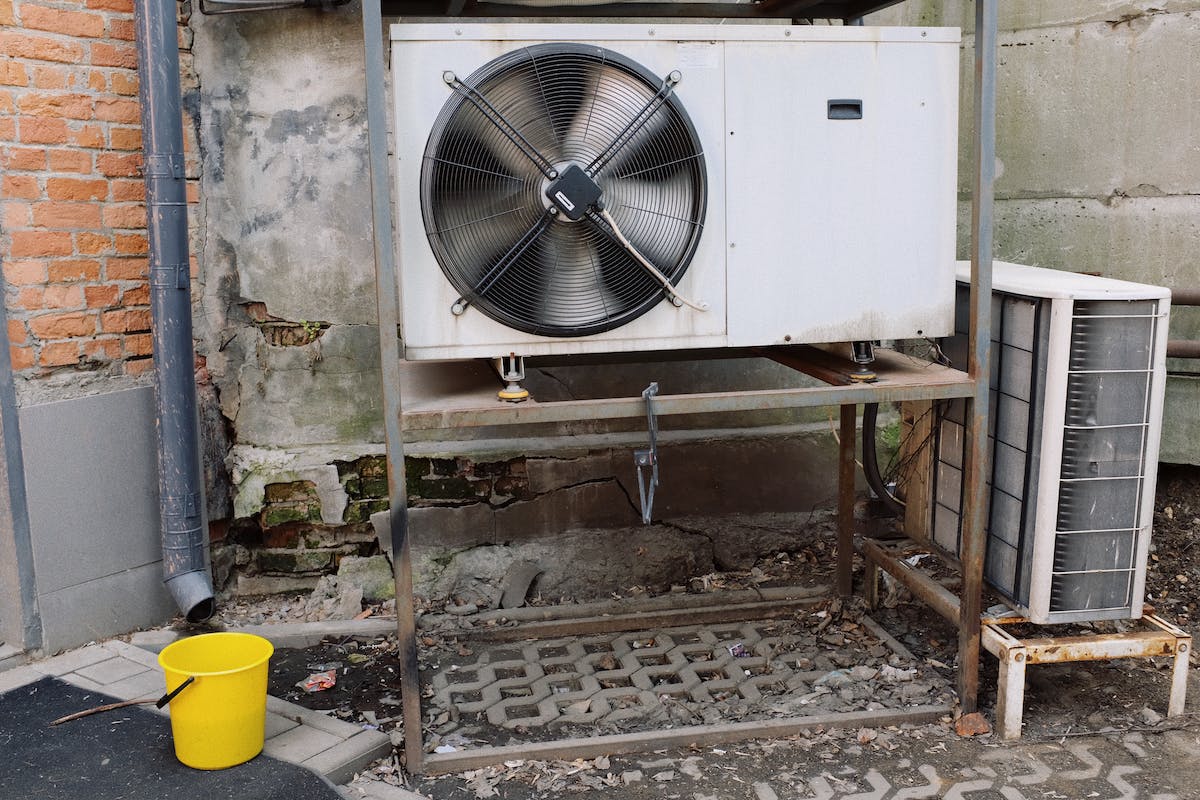
Are you tired of feeling sticky and uncomfortable at home? Dehumidification tips can help. If you’re dealing with too much moisture causing problems like mold and musty odors, you’re not alone.
But don’t worry! This article has your solution. We’ll show you simple ways to use your HVAC system to reduce humidity and make your home more comfortable.
So, let’s find out what Effective Dehumidification With HVAC is.
Why Effective Dehumidification With HVAC is Important?
Before getting straight to the dehumidification tips, it’s better to first understand why it is important.
Well, excessive humidity can create a range of problems that affect both your comfort and your health. Here are a few reasons why dehumidification is crucial:
- Comfort: High humidity levels can make your living space feel incredibly uncomfortable. You might constantly feel sweaty and sticky, making it difficult to relax and enjoy your home.
- Mold and Mildew Growth: Excess moisture provides the perfect breeding ground for mold and mildew. These fungi not only look unpleasant but can also trigger allergies and respiratory issues.
- Musty Odors: Humid environments often lead to musty, unpleasant odors in your home. These odors can be persistent and challenging to eliminate.
- Health Concerns: Mold and mildew release spores that can be harmful when inhaled, especially for those with respiratory conditions or allergies. Dehumidifying your space can improve indoor air quality and reduce health risks.
- Property Damage: Prolonged exposure to high humidity can cause structural damage to your home, including peeling paint, warped wood, and deteriorating insulation.
Now that you know why dehumidification is crucial for your comfort and well-being, let’s discuss how HVAC system helps with humidity.
How Does the HVAC System Help with Humidity?

Your HVAC (Heating, Ventilation, and Air Conditioning) system plays a significant role in controlling humidity levels within your home. Here’s how it helps:
- Cooling Function: During the hot and humid months, your air conditioner operates by cooling the air and removing excess moisture from it. As warm air passes over the evaporator coil, the moisture condenses into water droplets, which are then drained away. This process not only lowers the temperature but also reduces humidity, making your indoor environment more comfortable.
- Dehumidification Mode: Many modern HVAC systems come equipped with a dehumidification mode. This setting allows your AC unit to focus primarily on removing moisture from the air, even without significant cooling. It’s especially useful during milder weather when you may not need full cooling but want to reduce humidity.
- Proper Ventilation: Your HVAC system also helps with ventilation, ensuring a constant flow of fresh outdoor air into your home. Proper ventilation can help expel indoor moisture and maintain optimal humidity levels.
- Air Filtration: Your HVAC system’s air filter not only removes dust and allergens but also helps control humidity indirectly. A clean filter ensures efficient airflow, preventing moisture from stagnating in the system and potentially leading to mold growth.
- Programmable Thermostats: Many modern thermostats allow you to set humidity levels along with temperature preferences. You can program your HVAC system to maintain a specific humidity level, providing precise control over your indoor environment.
- Regular Maintenance: Keeping your HVAC system in top working condition is essential for effective humidity control. Regular maintenance by professionals ensures that your unit can efficiently remove excess moisture from the air.
By utilizing these functions and optimizing your HVAC system’s settings, you can effectively manage humidity levels in your home, keeping it comfortable and healthy year-round.
Now let’s discuss some effective dehumidification tips to help you stay dry and comfortable.
Effective Dehumidification Tips to Stay Dry and Comfortable
Maintaining the right humidity level in your home is key to staying comfortable and preventing issues like mold and musty odors.
Here are some effective dehumidification tips to help you achieve a dry and comfortable living space:
-
Use Your Air Conditioner
Your air conditioner not only cools your home but also dehumidifies the air. Make sure it’s properly sized for your space and set it to a comfortable temperature. In warmer months, your AC can do a great job of reducing humidity.
If your AC can not do that, then you must consult an expert to repair your air conditioner.
-
Use a Dehumidifier
Consider investing in a standalone dehumidifier, especially if you live in a very humid climate. These devices are designed specifically to remove excess moisture from the air and can be placed in areas where humidity is a problem.
-
Ventilation
Ensure good ventilation in your home by using exhaust fans in the kitchen and bathroom. Also, open windows and doors when weather permits to allow fresh air to circulate, helping to reduce indoor humidity.
-
Fix Leaks
Check for and repair any leaks in your home, including pipes, roof, and windows. Water intrusion can significantly increase indoor humidity levels.
-
Use Exhaust Fans
When cooking or showering, use exhaust fans to remove humid air from these areas. This prevents moisture from spreading throughout your home.
-
Seal Cracks and Gaps
Seal any gaps or cracks in your home’s walls and windows to prevent outdoor humid air from entering.
-
Limit Houseplants
While houseplants are lovely, they can increase humidity through a process called transpiration. If you have many plants, consider reducing their number or placing them in one area of your home.
-
Check Your Vents
Ensure that your HVAC system’s supply and return vents are unobstructed and not covered by furniture or curtains. Proper airflow helps maintain humidity levels.
-
Use a Hygrometer
Invest in a hygrometer to monitor humidity levels in your home. It will help you determine when humidity is too high and when it’s within a comfortable range.
-
Regular Maintenance
Schedule regular maintenance for your HVAC system. A well-maintained system operates more efficiently and helps control humidity better.
By implementing these dehumidification tips, you can create a drier and more comfortable living environment. Managing indoor humidity is essential for your well-being and the longevity of your home, so don’t hesitate to put these tips into action.
Final Words
In conclusion, maintaining the right humidity level in your home can make a world of difference when it comes to your comfort and overall well-being. Dealing with excess humidity doesn’t have to be a hassle.
By using your HVAC system effectively, investing in a dehumidifier when needed, and following these simple tips, you can create a space where you stay dry and comfortable year-round. We hope that you found our article about Effective Dehumidification With HVAC useful.
continue reading
Related Posts
For homeowners, a functional air conditioning (AC) system is an
There are very few things that come with the comfort
Owning a home or business means having to maintain a


